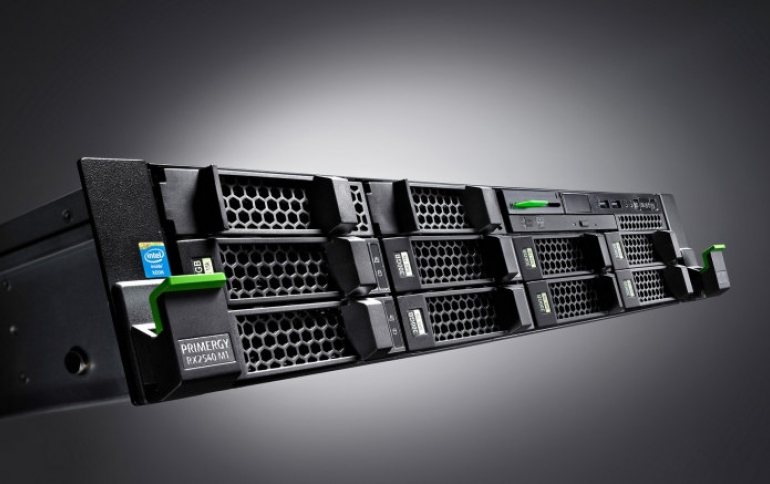
x86 Server CPUs Remain Mainstream, 7nm AMD Chips Could Fuel AMD's Market
x86 continues to be the mainstream architecture for server CPUs this year, with Intel and AMD being the market leaders.
According to DRAMeXchange, a division of TrendForce, Intel dominantly represents around 98% of the total server CPU shipments worldwide in 2018. But the firm notes that in 2019, the market share of AMD x86 server CPUs is expected to go up to 5%, after the company’s introduction of 7nm CPUs to the market.
"Generally speaking, Intel will remain the leader in server CPU market", says Mark Liu, senior analyst from DRAMeXchange. However, competitions will come from AMD, who is on pace to migrate to more advanced processes and to offer solutions with better performances and lower power consumption. AMD’s solutions have been adopted by a small scale of cloud service providers like Baidu, Ali Cloud and AWS. AMD may have a chance to scale up in volumes after 7nm products are launched in the future.
The latest survey of mainstream server CPU platforms finds that the market penetration rate of product lines based on Intel Purley Gen 1 (Sky Lake) has already reached 60% and is estimated to reach 65% at the end of 2018. Current consumers of Sky Lake products are mainly cloud service providers and alike, which require high-performance computing server products.
In terms of product plan for the next year, Purley Gen 2 Cascade Lake will be still produced on 14nm process, the same as Gen 1. DRAMeXchange says that the new solution will not become the market mainstream until 2H19. For customized premium products, Intel will release Cascade Lake Xeon-AP (Advance Performance) in 2019. Currently, this product line still remains in the stage of verifying, so its small-scale market release will be delayed to the end of 2019.
Around 70% of AMD's product lines have been transferred to new EPYC systems this year, while the company’s Naples solutions have migrated from 28/32nm to 14nm process, with computing performance improved significantly. However, AMD takes only about 2% in the current server CPU market. This is because AMD provides mainly 1-socket solutions, and the limited offerings have constrained the company’s market expansion compared with Intel.
AMD's new solution, Rome, will migrate to the 7nm process. The company will also switch from GlobalFoundries to TSMC for future collaboration of product development on 7nm process. Previous problems of high power consumption will also be corrected. The Rome platform server processors are expected to enter production in 1Q19 and have a chance to come onto the market in the second half of next year.
DRAMeXchange also notes that the penetration of new platforms may drive the average content per box in servers. In 2019, the average density of DRAM in a server will see an annual growth of 25% YoY, significantly lower than almost 40% growth in 2018.





















